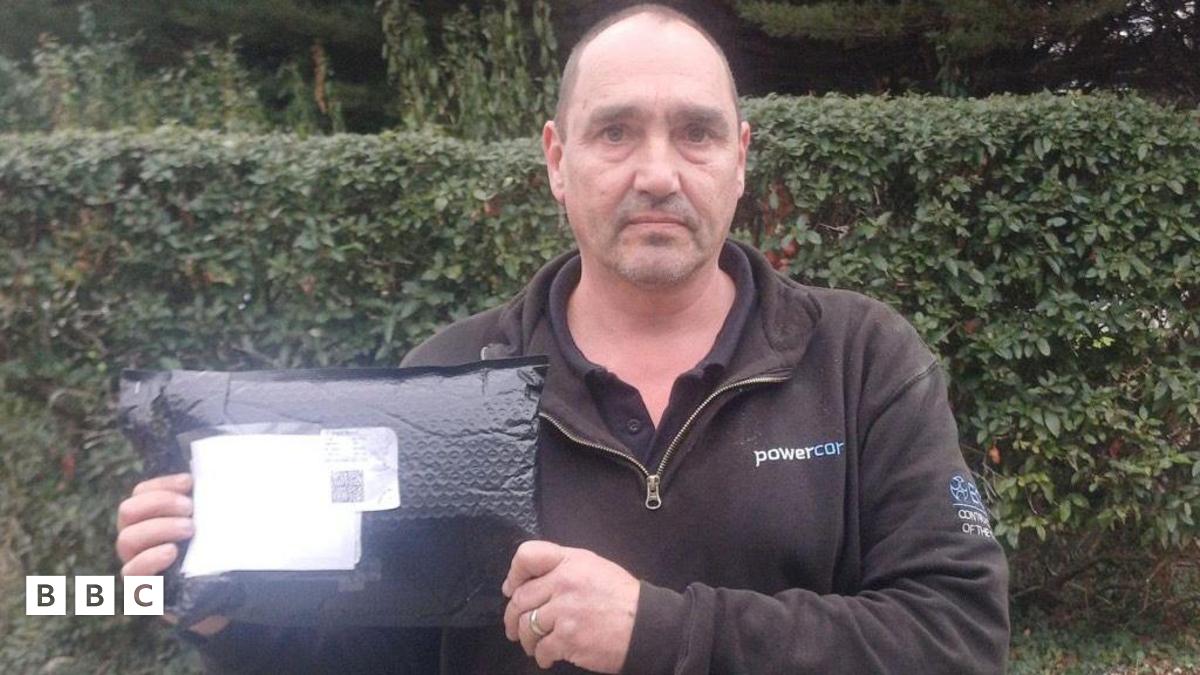Martin, who lives in Henley on Thames, Oxfordshire, has also been receiving calls from people about their trouser orders – since buying his own pair of waterproof trousers.
He says he hadn’t seen the company before but for the price of the…

Martin, who lives in Henley on Thames, Oxfordshire, has also been receiving calls from people about their trouser orders – since buying his own pair of waterproof trousers.
He says he hadn’t seen the company before but for the price of the…